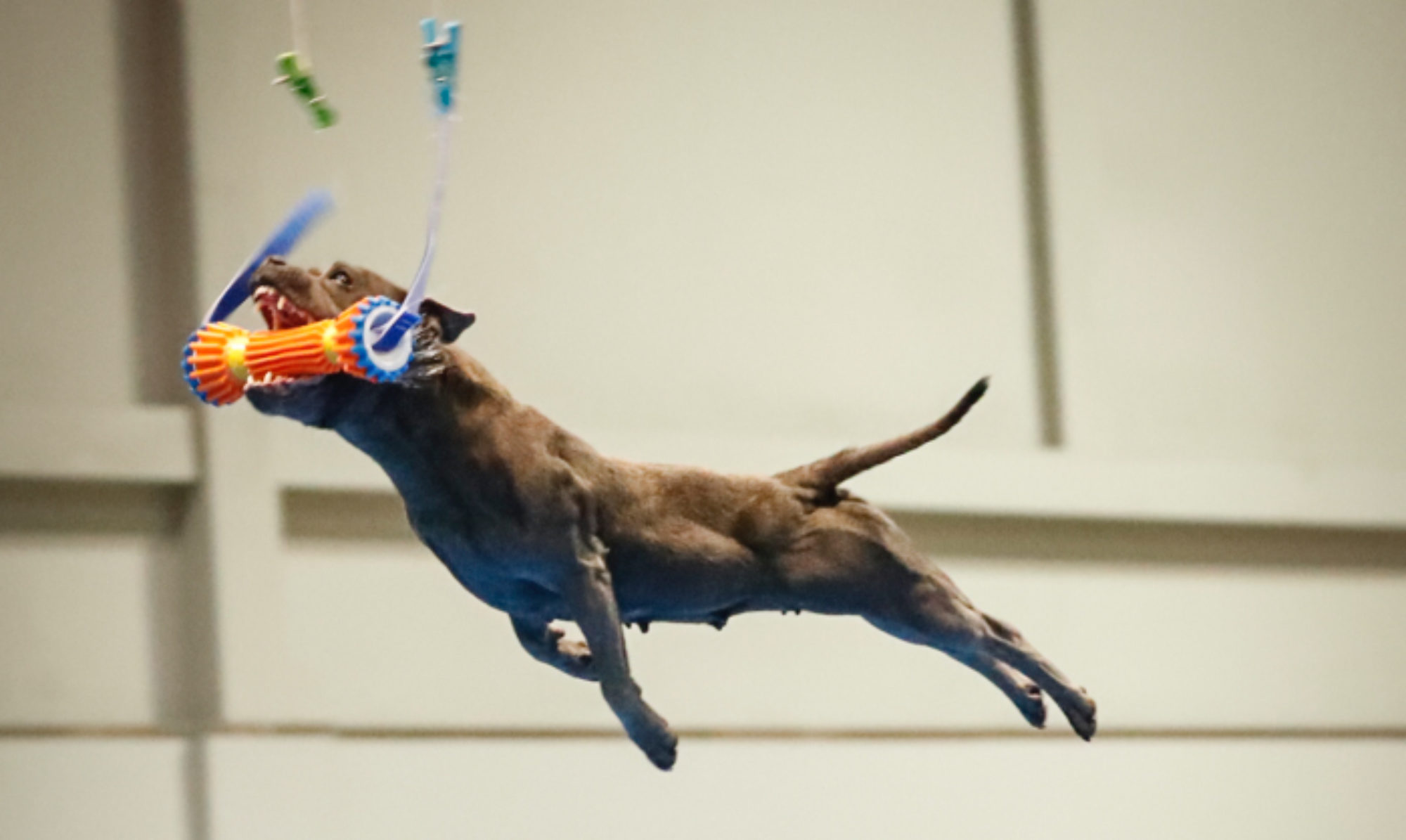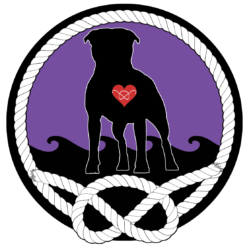Ask yourself if a Staffordshire Bull Terrier is the right breed for you and your family. Do you understand the true nature of the breed? Staffords are not the right breed for everyone, they can be strong willed. You need to know, warts and all, what you are letting yourself in for. Speak to experienced owners before you decide.
- can you afford to have a dog, taking into account not only the initial cost of purchasing the dog, but also the on-going expenses such as food, veterinary fees and canine insurance?
- can you make a lifelong commitment to a dog? Average life span of a Stafford is 12-16 years.
- is your home big enough to house a Stafford? Is your yard totally secure?
- do you have time to exercise a dog every day? Staffords can become very naughty and destructive if they get bored or feel they aren’t getting the time they deserve. They’re a very people orientated breed and love human company.
- how long will the dog be left at home alone? Staffords get lonely just like humans.
- will you find time to train, groom and generally care for a Stafford? Staffords are a very clever breed but need lots of time and consistent training from puppyhood to adult to help them become well-adjusted and better behaved individuals. Positive training will give you and your Stafford much better success than punitive type training.
- will you be able to answer YES to these questions every day of the year? Only you can answer that but please think hard before you make your mind up.
SBTCA members and breeders who show will know of shows where you can meet Staffords and their owners. They may know planned litters from reputable breeders who fully health test and disclose the results. They have first-hand experience with the breed so are a good source to answer questions about the breed’s health, temperament or anything Stafford related. Breed Clubs are found around the country so there should be one fairly local or at the least they offer websites and FB pages with helpful information. They should be the ‘first port of call’ for anyone looking for a Stafford puppy.
Buying a Stafford should not be done ‘on the cheap’ nor should it come from a bad breeder no matter how sorry you feel for the pups. By buying there you’re condemning more pups to the same fate. If the breeders can’t sell they’ll think twice before breeding again. By going to a responsible Staffordshire Bull Terrier breeder you stand the best chance of getting a dog that will enjoy a happy and healthy life.
Beware of ads selling pups in local papers and on various dog selling sites on the internet, there are no background checks so any dodgy dealer can advertise there. Alarm bells should ring if the ad reads like this:
- rare blue – they are clearly not rare. As blue is a genetic dilute in SBTs (it is really a washed out brindle) it is unwise to breed ‘blue’ to ‘blue’ as it affects the genetic diversity of the colors in the breed, can promote health risks and even changes in temperaments can occur.
- Red Nose, Long Legged, Irish – there is only one AKC registered Stafford and that is the ‘Staffordshire Bull Terrier’, the other colorful names are given to various cross breeds.
- rare Merle – the Merle is not genetically possible in this breed nor has it ever ever been. There is no option to have pups of this color registered. So if you see a merle colored Stafford ask yourself how did they manage that?
- father sired 200 litters – this just means that the dog has been used a lot……..another sales pitch.
- X $ amount for one color, X $ amount for the ‘rare’ colored puppies in the same litter – a reputable breeder will sell all pups at the same price regardless of color or sex. For a well reared DNA clear and clinically health tested Stafford puppy the average price is between $1800 – $3000.
- never buy a pup that is delivered without you going to visit first and seeing the litter in their home environment with their mother.
- don’t go for one that’s a bargain and/or dropped price because it is the last one left or the breeder has a holiday booked in a few days – that’s not the attitude of someone who cares about their puppies and where they go. Could they have also cut corners with rearing the litter? In fact, most reputable breeders don’t allow pups to go home for Christmas and never as a surprise.
- remember if something doesn’t seem right don’t be fooled to rush in and buy! Always give yourself time to think about making the right decision – a reputable breeder will not push you into having one of their pups. They will want to find out if you and their puppy will be well suited.
When you have found a litter consider these questions to ask the breeder before going to see them
- are the puppies American Kennel Club registered? You have no way of verifying if they are purebred if not
- are both parents and pups tested/hereditarily clear for L2-HGA with available PROOF? Don’t buy if untested
- are both parents and pups tested/hereditarily clear for HC? Don’t buy if untested
- are both parents and pups clinically tested for unaffected for PHPV/PPSC? Don’t buy if untested
- will the litter be clinically eye screened for PHPV? Don’t buy if untested
- are the puppies micro-chipped? Did the breeder register the microchip?
- have they been wormed regularly? if infested they won’t thrive.
- what are the parent’s temperaments like? Stafford temperament should be reliable; not human aggressive nor timid/nervous or fearful.
- has the litter been reared inside? – Pups should be socialized with all the hustle and bustle of family life, they get used to being handled from an early age. They should be raised inside the home, not in a barn or kennel building.
- will they have a contract? This is a legally binding document that you and the breeder sign if you both agree to the sale of the pup. Good breeders state that if you can’t keep the dog/bitch it MUST be returned to them
- does the breeder have all the paper work available to see? The breeder should show you the paper work and explain about health testing, the contract, endorsements placed and why when you visit
- tell the breeder about yourself, if you’ve had a dog before, if you want a family pet or have showing or agility aspirations. It will give the breeder an idea of what you’re looking for in your pup i.e. a lively character would be more suited to an agility home where the quieter litter mate would be ideal for a young family.
expect questions to be asked, it’s only natural that the right homes are being sought by the breeder, just like you want the right pup.
When you first meet the litter, you may be met by a rabble of over enthusiastic little characters with sharp teeth, fighting for attention and dangling off your clothes. Or they may have just been fed and are now a pile of sleepyheads that refuse to wake up. What you need to look out for:
- see them with their mother. If dad doesn’t live there, which is quite likely, ask for a photo and health information
- plump pups with clean, shiny coats, free from dirt, dandruff, fleas and not patchy.
- If they’re awake then bright, clear, alert eyes. Pups may get ‘sleep’ in their eyes when they have just woken up but shouldn’t have any green discharge or weepy eyes.
- clean ears that don’t smell. Pups that have been kept in a clean environment shouldn’t suffer from dirty or infected ears.
- check there is no mess or wet underneath or down back legs as this could indicate runny stools and possibly underlying illness, disease or a case of worms.
- is the bedding and play area clean with plenty of natural light? Bedding should be changed regularly; pups shouldn’t be playing in yesterday’s mess.
Pups won’t thrive if living in filth or with parasites. If you buy from someone that would keep them like that you are condoning their actions; buying a pup from them will condemn more pups to be bred in those awful conditions and the bitch to be possibly used as a money making machine
When you pick your puppy up, he/she should leave the breeder with:
- signed American Kennel Club registration document
- a photo copy of the litter eye screening certificate. This will have all siblings and their results listed.
- micro-chip information. The pup may have the breeder’s details assigned and need to have your details added by the micro-chip company. Many breeders ask for their details to be kept on the microchip database as an emergency back up.
- advice on vaccination protocols
- information and dates when pup was wormed, wormer used and future worming dates
- diet sheet with information on the food that has been fed, how much and how often. Some breeders send enough food for the first few days and it is advisable to keep to the diet the puppy is used to. Any change in diet needs to be slowly to avoid an upset stomach.
a reputable breeder will be happy to offer you any help and advice and will usually tell you they are there 24/7 if needed for the lifetime of the Stafford.
Staffordshire Bull Terrier Health Information
L-2-HGA(L-2-hydroxyglutaric aciduria) in Staffordshire Bull Terriers affects the central nervous system, with clinical signs usually apparent between 6-12 months (although they can appear later). Symptoms include epileptic seizures, unsteady gait, tremors, muscle stiffness as a result of exercise or excitement and altered behaviour
HC (Hereditary Cataract) in Staffordshire Bull Terriers has been recognised as an inherited condition since the late 1970’s. Affected dogs develop cataracts in both eyes at an early age
PHPV(Persistent Hyperplastic Primary Vitreous) It is a congenital condition (present at birth). This means that if a puppy is born with PHPV it can be detected by ophthalmic screening from 6 weeks of age
PPSC (Posterior Polar Subcapsular Cataract) This type of cataract usually remains as a small, punctuate cataract and doesn’t usually lead to sight problems. It has been placed on schedule 3 of the BVA/KC/ISDS Eye Scheme because a number of Staffords that have been through the Scheme have been found to have this type of cataract. It cannot be detected through litter screening. The mode of inheritance is unknown and has a variable age of onset.
Litters shouldALWAYSbe clinically eye screened prior to leaving home and it is imperative for new puppy buyers to be aware and make sure ALL DNA and clinicalhealth tests are in place for ALLof the above conditions.
The breeder is most likely a member of the AKC Parent club for the breed – The Staffordshire Bull terrier Club of America. They will support you joining the club and help you meet other Stafford owners. They will include you in Stafford activities and invite you to join in them. They should also support and encourage you joining classes with your new Stafford and hopefully you will want to compete in activities such as nose work, barn hunt, obedience, agility, conformation, dock diving, FastCat, lure coursing or rally obedience. There is so much you can do with your Stafford to fully benefit from this versatile breed and join in the comradery the Stafford family has to offer in this county – and around the globe.

